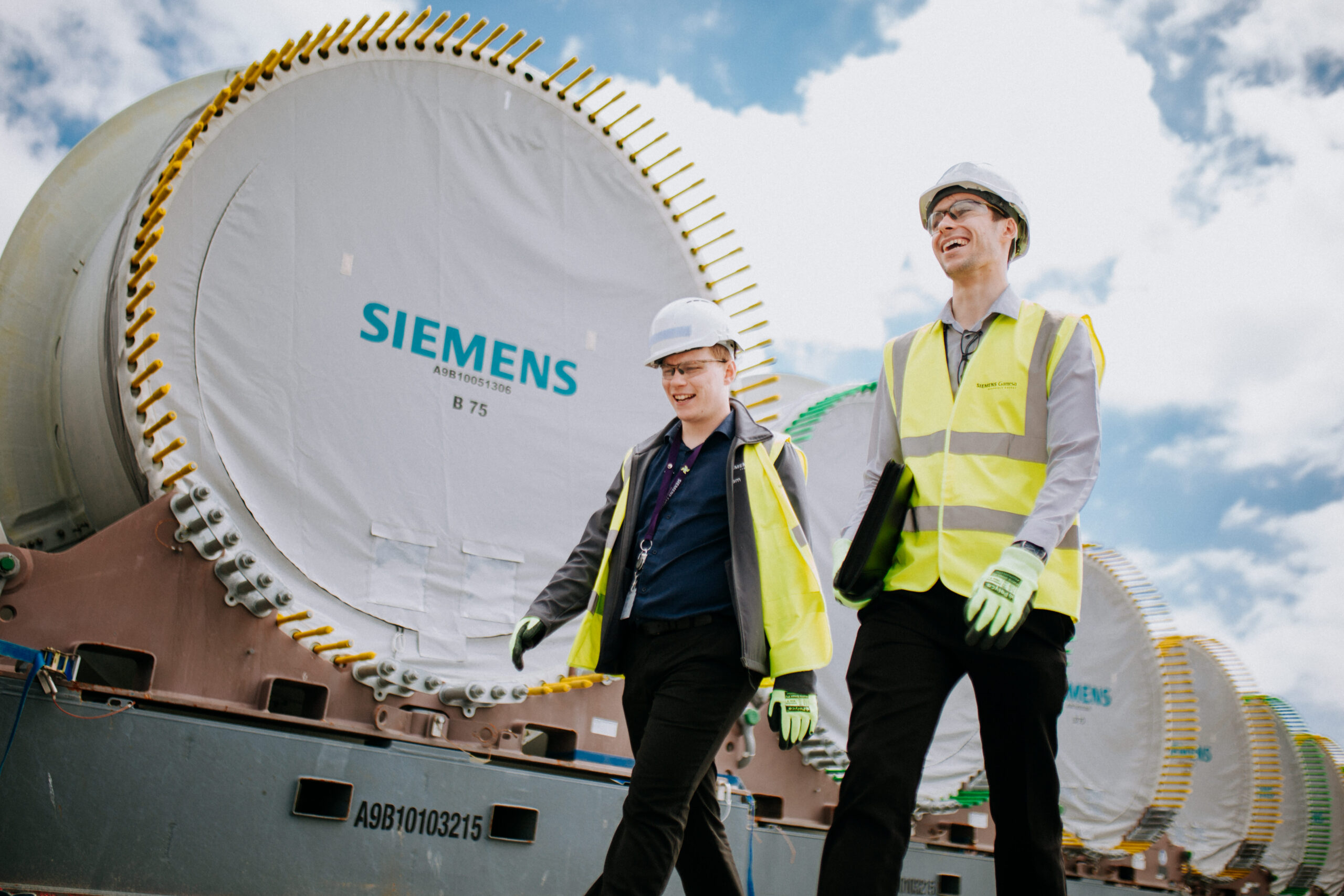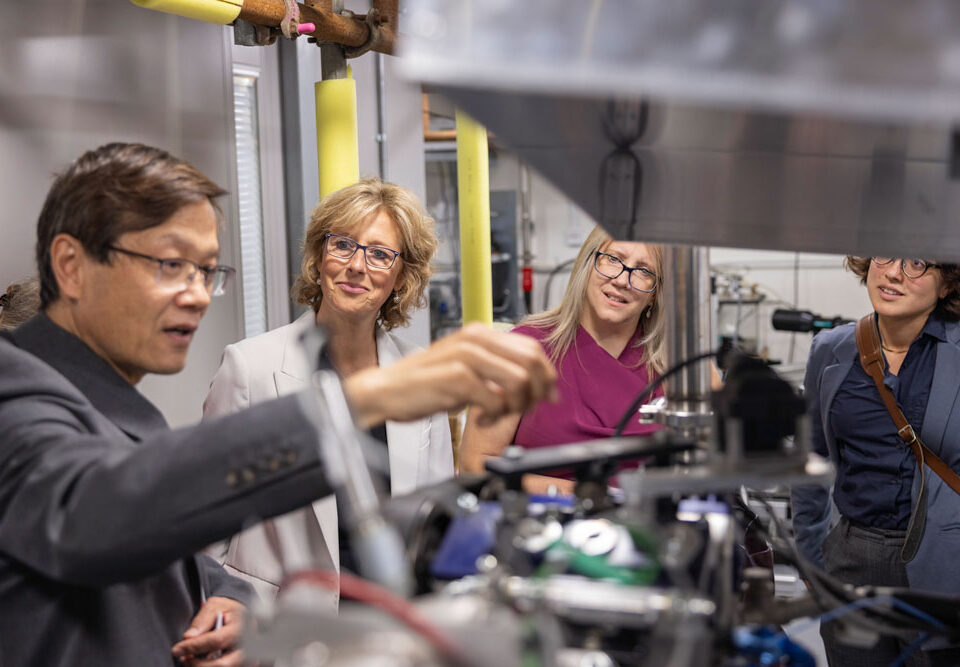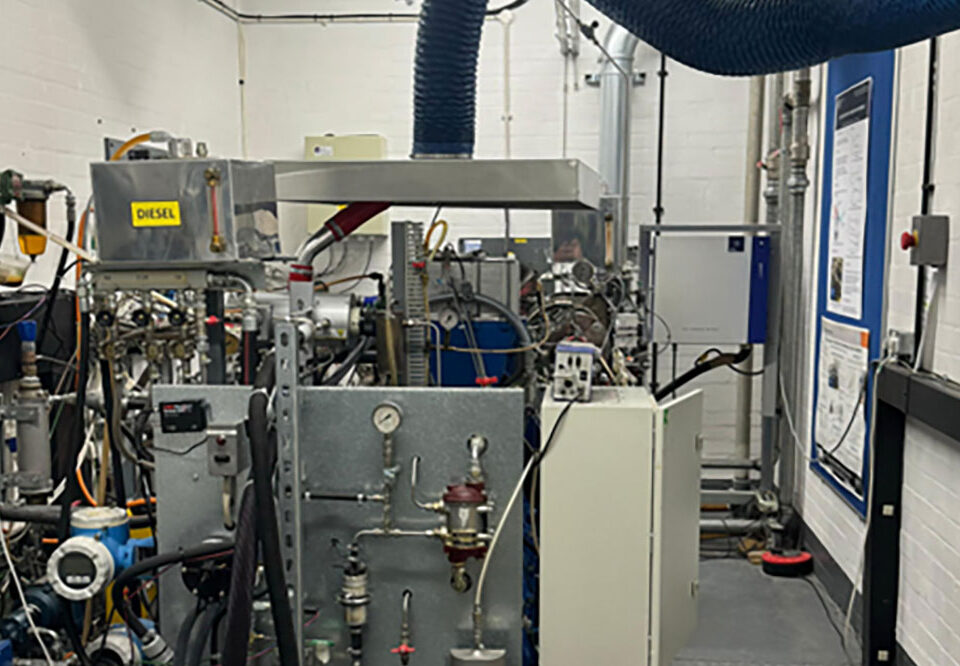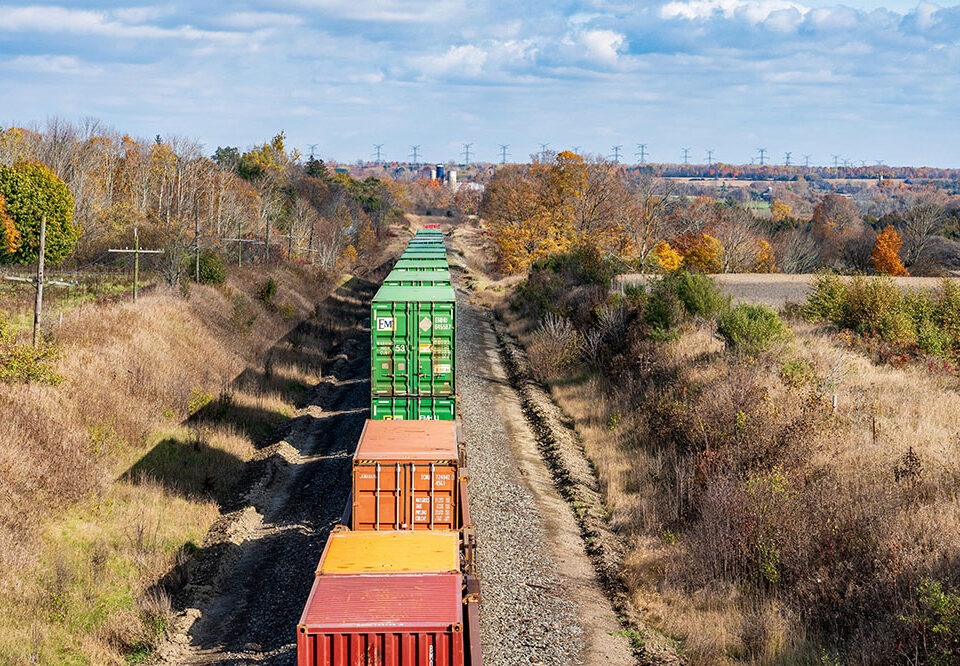Overview
The Northern Net Zero Accelerator (NNZA) is a bold £5 million initiative uniting six leading universities along with civic bodies and industry to decarbonise the UK’s most carbon-intensive regions – the North East, Teesside, and Humber. Funded by UKRI’s Place-Based Impact Acceleration Account, NNZA is translating cutting-edge research into real-world solutions that drive energy security, sustainable growth, and inclusive economic development.
The Challenge
Nearly half of the UK’s industrial cluster CO₂ emissions originate from Teesside and the Humber. This makes the region a critical battleground in the race to Net Zero. Despite strong regional strategies and academic expertise, the complexity of industrial emissions demands coordinated, multidisciplinary action. NNZA responds to this challenge by fostering collaboration across sectors to accelerate the deployment of low carbon technologies and systems.
Partnerships
NNZA’s strength lies in its diverse and strategic partnerships. The University of Hull is partnering with Newcastle University, Durham University, Northumbria University, the University of Sunderland and Teesside University, as well as civic bodies including the North East and the Teesside Combined Authorities.
Professor James Gilbert is Director of the University of Hull’s Energy and Environment Institute and Hull lead for the NNZA. He said:
“The solutions to reducing industrial emissions are complex and multidisciplinary. Working together provides a great opportunity to find effective solutions, support the regions’ companies, meet civic priorities and build new collaborations.”
Industry partnerships are central to NNZA’s impact, with individual projects co-developed and co-delivered between at least one industry and academic partner. Collaborators from the first funding round include Humber Geothermal Energy, Siemens Gamesa Renewable Energy, and logistics partners in the Humber region.
Research
NNZA builds on existing research expertise from the partner universities, translating knowledge in two-way partnerships with regional industry, civic bodies and the third sector to deliver lasting impact.
NNZA supports research across three priority areas:
- Low Carbon Energy Generation – including geothermal, hydrogen, wind, and solar.
- Energy Storage and Distribution – focusing on CCUS, batteries, and hydrogen.
- Integration into End Use Sectors – targeting industrial decarbonisation, circular economy transitions, and transport.
NNZA’s first funding round awarded £180k to three pioneering Hull-based projects, each addressing decarbonisation from a unique angle – energy production, logistics, and manufacturing.
- Geothermal Energy: Professor Mark Anderson, Head of the School of Environmental Sciences, will work in partnership with Humber Geothermal Energy to investigate the feasibility of developing deep geothermal energy resources in the Humber region.
- Sustainable Logistics: Professor Nishikant Mishra of Hull University Business School received funding to apply innovative logistics practices in the Humber region, recognising logistics as a pivotal sector for driving regional and national decarbonisation goals.
- Green Manufacturing: Dr Ray Wan of the School of Engineering will work with Siemens Gamesa Renewable Energy (SGRE) to refine manufacturing processes in their composites-based offshore wind blade factory.
Impact

The Hull-Geothermal feasibility study opens the potential for deep geothermal energy to provide a new green energy generation stream in the Humber region. Together the partners will assess geological viability, energy output, and integration into local infrastructure. The project exemplifies NNZA’s commitment to place-based innovation, leveraging regional assets to create scalable, low carbon solutions.
Dr. Wan’s work with Siemens Gamesa builds on existing research to create digital models of blade manufacturing processes. Dr Wan explained how the project exemplifies NNZA’s real-world impact:
“Validating these models in a production environment will enable us to apply them in large-scale blade production, unlocking economic growth through increased production rates and reduced costs.”
Beyond individual projects, NNZA is building innovation clusters, supporting supply chains, and equipping academics with commercialisation and policy development skills. Stakeholder engagement events and case studies will showcase successes and foster knowledge exchange. As the programme evolves, NNZA will continue to champion high-impact innovations, stimulate sustainable growth, and empower the workforce with the skills needed for a thriving Net Zero economy – providing a blueprint for just and inclusive Net Zero transitions across the UK.
Visit the University of Hull website to find out more about the Northern Net Zero Accelerator.




